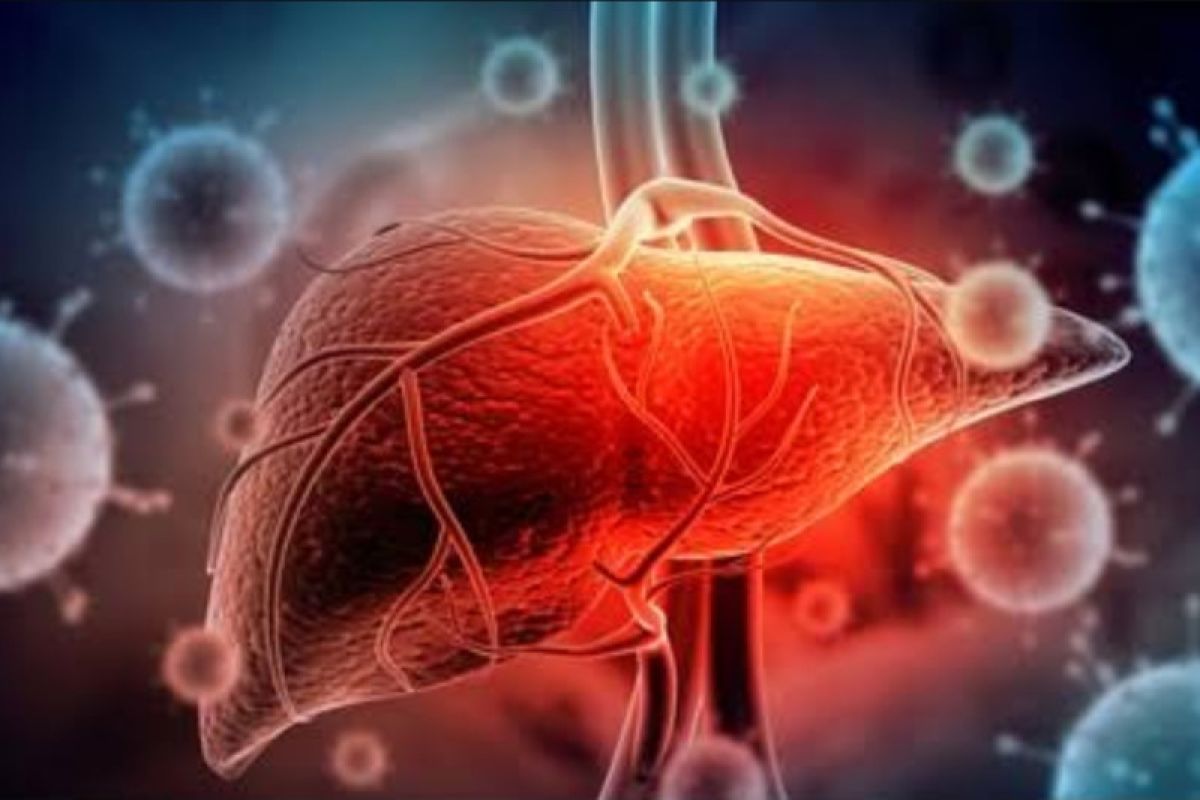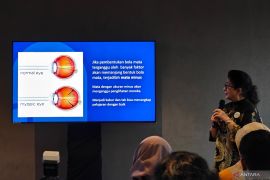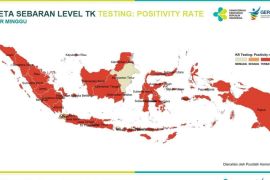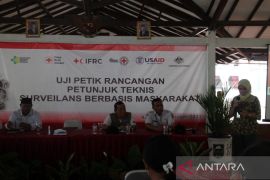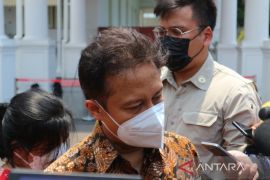There is no likelihood of a pandemic if you look at the developments pertaining to the number of cases and, so far, only six countries have reported acute hepatitis, with several cases of more than six patientsJakarta (ANTARA) - Acute hepatitis is not likely to become a pandemic owing to the low spread of cases globally, Health Ministry's spokesperson Dr Siti Nadia Tarmizi stated.
"There is no likelihood of a pandemic if you look at the developments pertaining to the number of cases and, so far, only six countries have reported acute hepatitis, with several cases of more than six patients," Tarmizi noted when confirmed here on Wednesday.
The spokesperson remarked that all were suspected cases of mysterious acute hepatitis.
"The total number of probable cases of acute hepatitis globally reach 348, with 70 additional cases still under investigation," Tarmizi stated.
Meanwhile, former director of Infectious Diseases of WHO Southeast Asia, Prof. Tjandra Yoga Aditama, called for a preliminary WHO study to be conducted for evaluating the likelihood of acute hepatitis becoming a pandemic.
Related news: Adults, elderly can contract acute hepatitis: RSPI SS
"Regarding the possibility of any disease becoming a pandemic, it will go through a process to be determined first as a Public Health Emergency of International Concern (PHEIC)," he explained.
Tarmizi noted that PHEIC will measure several barometers of the pandemic status, including the disease spread across continents, causal to significant health problems, and new types of diseases.
"We will thereafter look at the progress again. If it continues to spread, only then will it be called a pandemic," he remarked.
Tarmizi pointed out that COVID-19 was first reported by the WHO on January 5, 2020, and it was then declared a PHEIC on January 31, 2020, and a pandemic on March 11, 2020.
Regarding the 15 suspected cases of acute hepatitis in Indonesia, he deemed it necessary to explain whether the cases were classified as probable, epidemiologically-linked, or still pending that required further investigation.
Related news: Acute hepatitis not related to COVID-19 vaccination: RSPI
"At least it would be good if it was mentioned how were the results of the hepatitis A to E virus examinations in the 15 cases," he noted.
He also pushed for the results of laboratory tests regarding the possibility of other viruses, such as SARS-CoV-2, Adenovirus, and Epstein Barr, or possibly toxins and the presence or absence of autoimmune conditions.
"If there are already 15 cases, then of course, an in-depth Epidemiological Investigation (PE) has been conducted, so that transmission patterns can be identified, both between cases and also with the environment and others," Aditama noted.
Related news: Most acute hepatitis patients in Jakarta aged under 16
Related news: Jakarta mulls online learning to anticipate acute hepatitis spread
Translator: Andi F, Azis Kurmala
Editor: Fardah Assegaf
Copyright © ANTARA 2022
